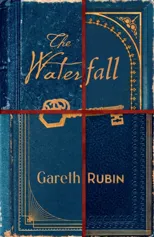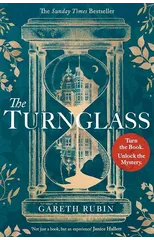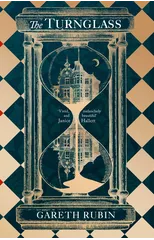Great Cat Massacre
A History of Britain in 100 Mistakes
(Author) Gareth RubinIn 1914, a train pulled into a provincial British railway station. The porter, a curious chap, asked the regiment of soldiers where they were from. "Ross-shire," one called down, but the porter heard "Russia." And so began a rumor that led to Germany losing World War I. Often the history we learn at school is only half the story. We hear of heroic deeds and visionary leaders, but we never hear about the people who turned up late for court and thereby changed the law, or who stood in the wrong queue at university and accidentally won a Nobel Prize. "The Great Cat Massacre: A History of Britain in 100 Mistakes" demonstrates that the nation is as much a product of error as design. Through chapters on religion, law, culture, war, science, and politics, it reveals such things as how an edict from Pope Gregory IX helped spread the Black Death, how the sister of cricketer John Willes invented overarm bowling, and how, had a letter not been lost, Disraeli might never have become prime minister. This book is history told through human failings, schoolboy errors, bad luck, and extraordinary consequences; a history of mishearing, misdiagnosis, and misinterpretation a history that you won t find in the textbooks."
Gareth Rubin
Gareth Rubin is a British author and journalist known for his historical fiction novels. His most notable work is "The Long March," a gripping WWII novel that follows the journey of a group of soldiers as they make their way across war-torn Europe. Rubin's writing style is characterized by its meticulous attention to historical detail and vivid storytelling, which brings the past to life for readers. His contributions to literature include shedding light on lesser-known aspects of history and giving a voice to the individuals who lived through tumultuous times. Overall, Gareth Rubin is a talented writer who has made a significant impact on the historical fiction genre with his compelling storytelling and well-researched narratives.





